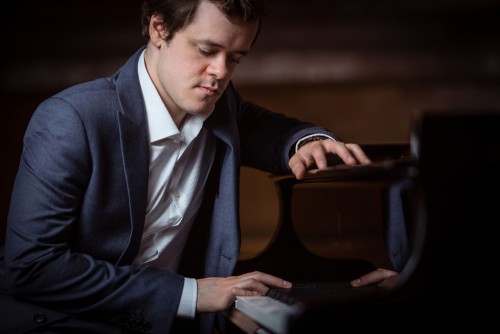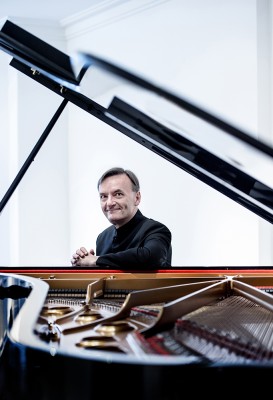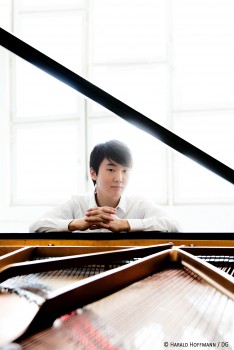Virtual Concerts Offer Some Consolation
Soon they realized that simply being together could be a risk. A quartet is, by its nature, an intimate gathering. Players can’t sit more than six feet apart and still hear each other, breathe together or respond to what are often subtle visual cues.
- James B. Stewart writing on April 19 about the Tesla Quartet’s coping with the coronavirus in The New York Times.
The New York Philharmonic had already cancelled its live performances through early June, but social distancing couldn’t stop more than 80 of its musicians from dedicating a special performance of Ravel’s Boléro to healthcare workers fighting the coronavirus pandemic. Orchestra members recorded their parts in their own homes for a virtual performance posted April 3 on YouTube.





